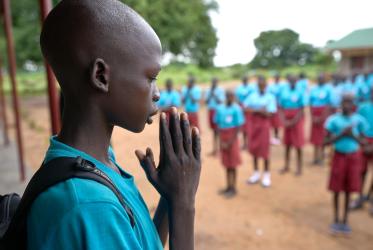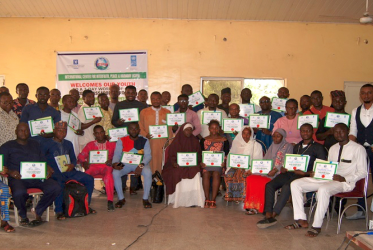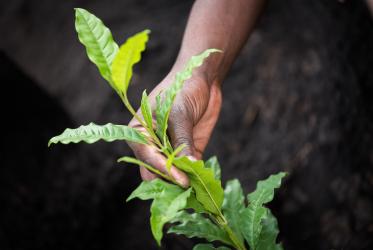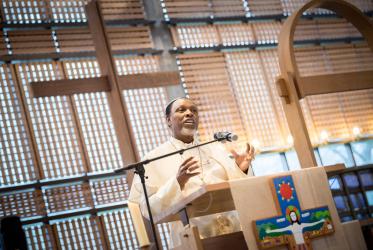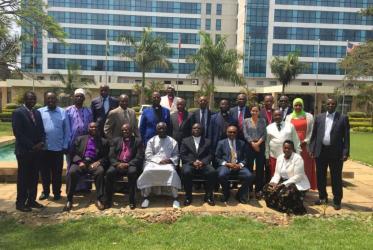Displaying 1 - 20 of 38
South Sudan Church leaders welcome new cabinet
15 March 2020
Paving the way for ecumenical studies, learning English in Bossey
24 September 2018
Walking together against hatred and violence
26 February 2018
In Nigeria, WCC workshops focus on human rights
04 December 2017
African women embark on pilgrimage in Burundi
29 November 2017
Nigerian Christians and Muslims open historic peace centre
20 August 2016



